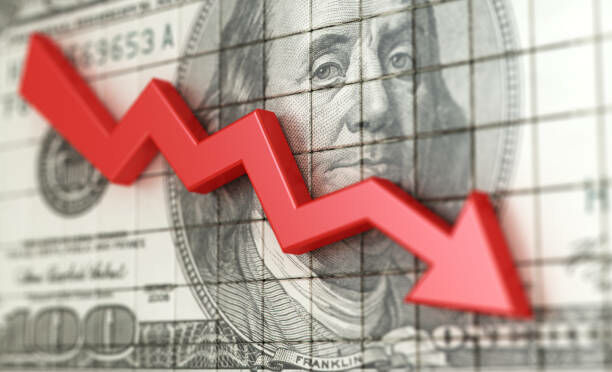Middle East crisis and US inflation trigger 2% fall in Thai stocks

Escalating the Middle East conflicts and persisting high inflation in the US are contributing to a more than 2% fall in Thai stocks. The Stock Exchange of Thailand (SET) is encountering renewed selling pressure, with the index nearing a crucial resistance level of 1,400 points.
Concurrently, gold prices have seen a sharp increase, reaching nearly US$1,950 (70,870 baht) per ounce amidst expectations of increased tensions between Israel and Hamas.
The rise in US inflation is putting additional pressure on the Federal Reserve to either hike interest rates or sustain them at their current high levels for an extended period to curb inflation. This is predicted to change once foreign investors see substantial progress in the government’s economic policies, which is expected to provide a boost to equities and the baht.
Global stock markets, including Thailand’s, have taken a hit in response to fears of external powers being pulled into the Middle East conflict. The SET index ended the morning trading period at 1,420.42 points, a decrease of 30.33 points or 2.09%, with a total transaction value of 32.8 billion baht.
Jamie Dimon, CEO of JP Morgan Chase, cautioned that the world could be experiencing its most perilous time in decades due to the war in Ukraine and last week’s attack on Israel by Hamas. This is expected to have far-reaching effects on energy and food markets, global trade and geopolitical relationships.
Hua Seng Heng, a leader in the gold market, attributed the fluctuation in gold prices to several factors. Among them are market instability, expectations of a recession, banking crisis concerns and escalating geopolitical conflicts including the Russia-Ukraine war and the Israel-Hamas conflict.
Gold trajectory
The global gold market has been on an upward trajectory, reaching US$1,932 per ounce, an increase of US$63.74 or 3.41%, as the Israel-Hamas conflict intensifies.
However, the trend of high-interest rates being maintained or increased to control inflation by the Federal Reserve serves as a bearish factor. Crude oil prices are expected to surge above US$100 per barrel with the possibility of Iran closing the Strait of Hormuz, a key channel for the transport of 17.2 million barrels of oil per day, or 20-30% of global consumption. This could have a significant impact on global oil supply, reported Bangkok Post.
Despite these challenges, the baht has strengthened as foreign investors have started to buy Thai stocks and gold again. Poon Panichpibool, a strategist at Krungthai Bank, predicted that the baht would range between 36.00-36.30 to the dollar.
Investors will continue to closely monitor the situation in Israel, according to Asia Plus Securities (ASPS). Rising oil prices due to escalating tensions in the Middle East have positively impacted the energy sector equities. Stocks such as PTT Exploration and Production (PTTEP), Thai Oil (TOP) and PTT are recommended.
Follow more of The Thaiger’s latest stories on our new Facebook page HERE.
Latest Thailand News
Follow The Thaiger on Google News:


























